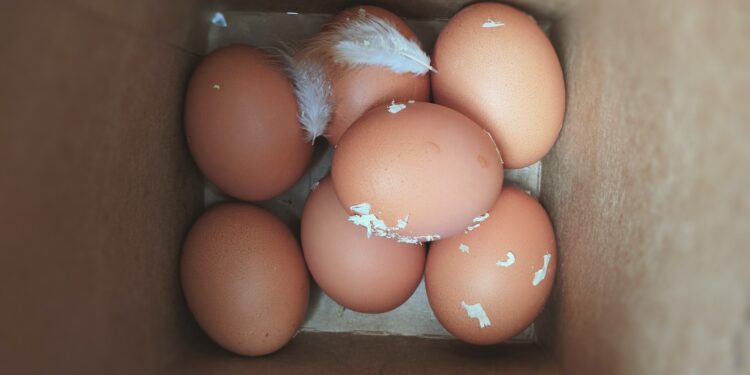Salmonella will be a thing of the past.
As the holiday season unfolds, it becomes crucial to prioritize safe food handling practices, whether you’re preparing meals at home or dining out. Protecting yourself from potential illnesses, such as salmonella infection, involves adhering to key guidelines during cooking and food preparation.
Ensuring that raw meat and poultry are cooked thoroughly is paramount to reducing the risk of salmonella infection. Adopting specific internal temperatures is essential: 145 degrees F for beef, pork, lamb, and veal; 160 F for ground meat; and 165 F for poultry. Utilize a thermometer to measure temperatures, inserting it into the thickest part of the meat for accurate readings. When refrigerating raw meat, place it at the lowest point or employ precautions to prevent juices from dripping onto other foods, such as wrapping or using a bag.
Avoid the temptation to wash raw meat and poultry before cooking, as this can lead to splashing and surface contamination. Instead, focus on washing or peeling fruits and vegetables before consumption or cutting. Maintain separate utensils for raw and cooked products to prevent cross-contamination. If a spatula comes into contact with raw meat on a grill, it can serve as a potential source of salmonella.
Hand hygiene plays a crucial role in food safety. Wash hands thoroughly before handling food and after any contact with raw meat. Clean all surfaces, including sinks, with warm soapy water after handling raw meats, followed by sanitization to eliminate bacteria. Sponges used during the cleaning process can be microwaved, run through the dishwasher, or bleached to ensure effective sanitation.
Resist the urge to taste raw cookie dough or cake batter, as consuming raw eggs or flour from baking mixes carries a salmonella risk. Flour, in particular, does not undergo a sterilization process and may harbor bacteria.
When shopping for food items, do not assume that organic or local options are inherently safer than their nonorganic counterparts. Local or organic produce can still pose a salmonella risk, and it’s essential to uphold proper precautions regardless of the food’s origin.
Lastly, be cautious about physical contact with pets, refraining from kissing them. Wash hands diligently after handling animals, especially reptiles like turtles, iguanas, and snakes, which can carry salmonella. These practices collectively contribute to a safer and healthier food preparation environment, ensuring that the joy of the holiday season is not overshadowed by foodborne illnesses.

































Discussion about this post